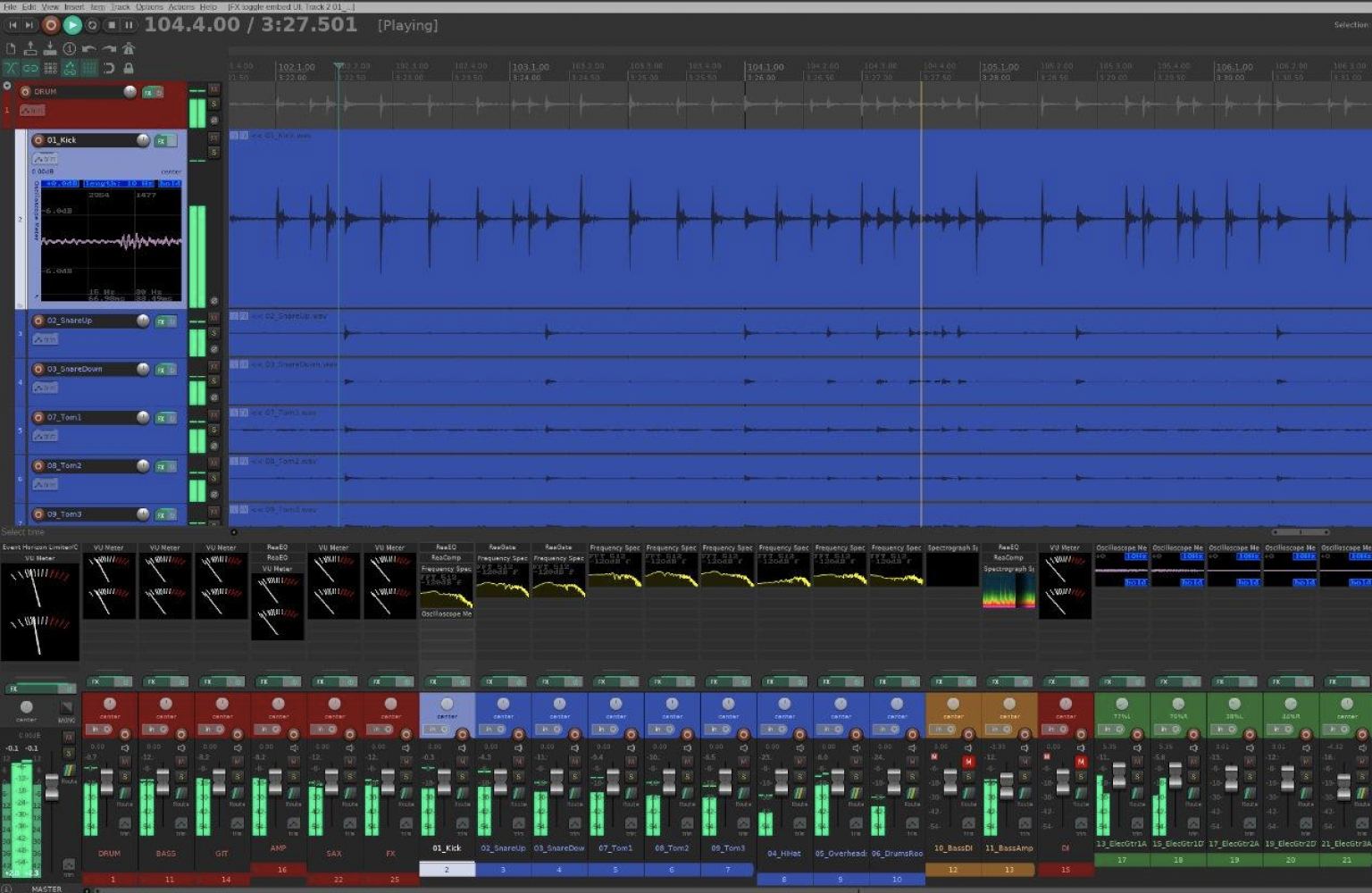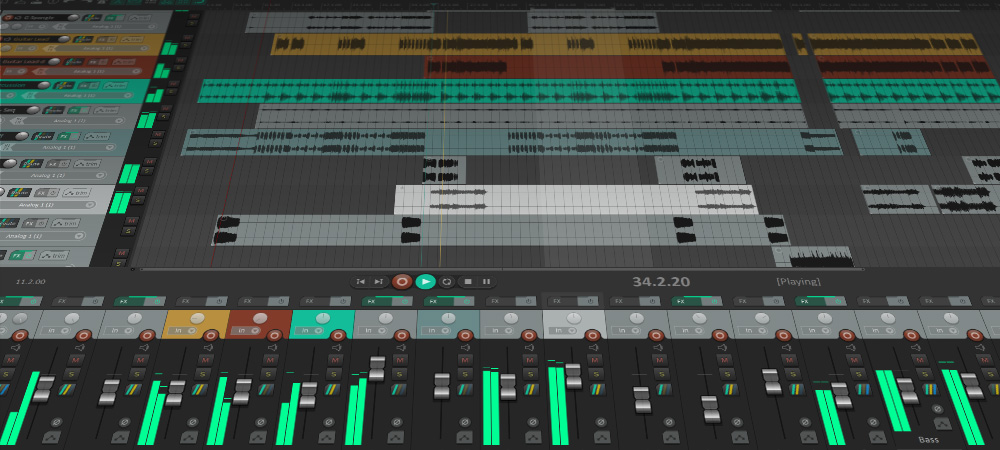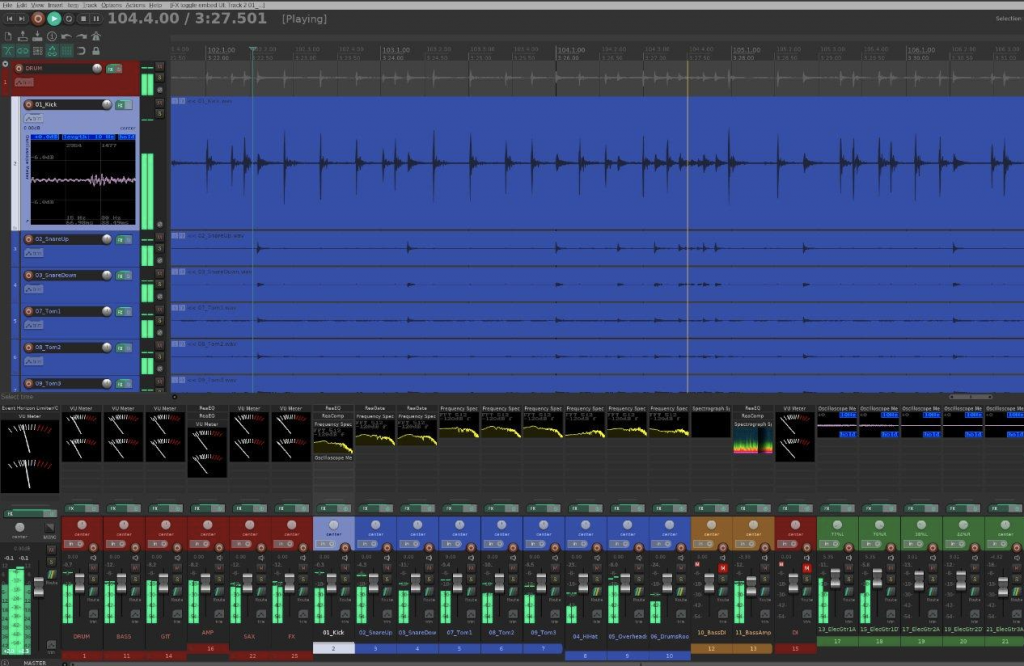
But for what it’s worth, when your time isn’t money (meaning some to spare), it probably wouldn’t hurt to mess around with it. I think both may be geared towards specific people for specific use cases.

So the transition to Reaper wasn’t huge, with similar elements–all came back to me.Īt the end of the day, they’re both tools, and since it’s served you among many others well, I’m guessing Audition is still a great tool.

I was trained to use Cubase, and to a lesser degree Pro Tools.

Since a lot of people seem to be moving over to Linux from Windows and MacOS these days, that’s a selling point for some.Ī bit of a side note, is that between 2003-2006, I studied Contemporary Popular Music in college–music tech was a part of it. I’m open to being corrected, because it’s also been awhile since I’ve checked, but the last I knew, Adobe software wasn’t exactly Linux friendly. I also like the customization and modularity of Reaper, with lots of user-created content–with presets for certain plugins, themes to spruce up the UI a little, scripts for automation among other things. This means it’s possible to do a portable install on a USB drive–although you would forfeit some third-party VSTs. I actually have it saved in my Dropbox along with other serial/product keys and license files for when/if I need to reinstall Windows for one reason or another. Just a single license file that can be stored anywhere. Now that was a big selling point for me, personally. That DRM-free part means that you don’t need an account or internet connection to activate or use it. At the time I switched, I was also working with someone in the USA on a music project (I’m actually in Nottinghamshire, UK)–combining Reaper, which is also DRM-free, with Dropbox, made collaborating rather seamless. I needed something that was entirely non-destructive, caused me less issues with VSTs (some incompatibilities, some crashes with Audition) and my guitar interface (ASIO), and something that worked better for multi-track recording, among a few other things geared towards music production. I personally switched because I moved from voice overs and tutorials, back over to music production after a long hiatus, and Audition just wasn’t meeting my needs. I’m not going to lie, the price tag was a big selling point, but not the only one.

I’m always learning something new and cool, that I never thought of, with reaper. So I can’t compare features of one to the other as they are right now. I used Audition for audio mixing/editing along with Sony Vegas from 2007-2014–thanks to your tutorials and help (I originally subscribed around 2011).


 0 kommentar(er)
0 kommentar(er)
